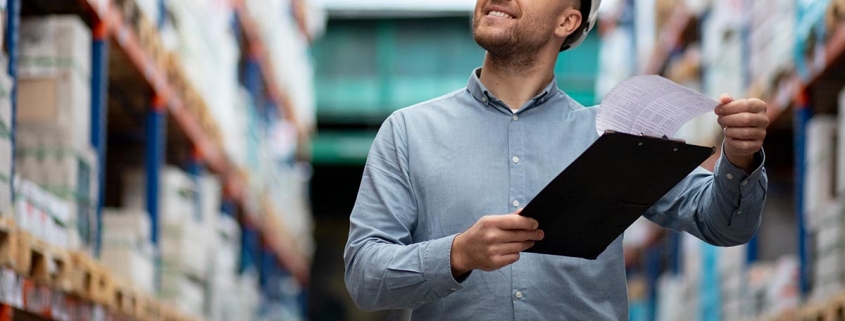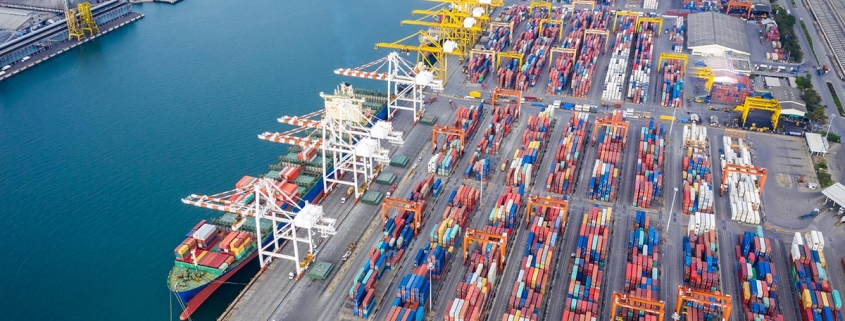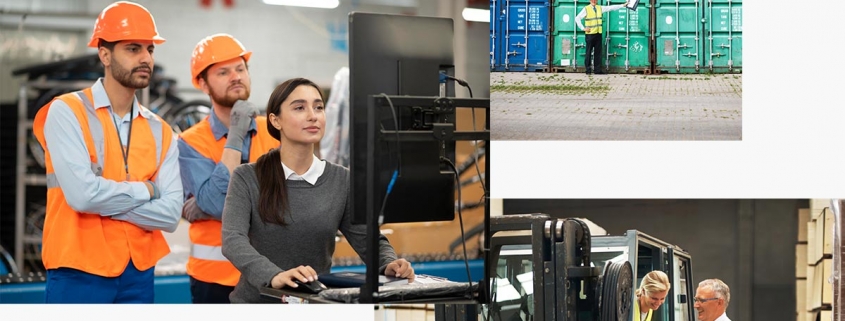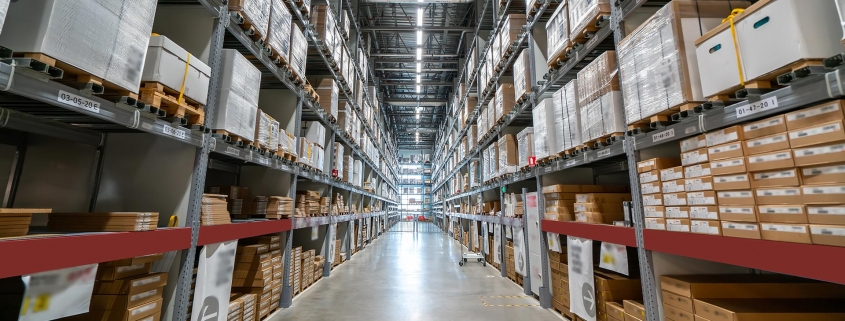? #InternationalLogistics #SupplyChainCollaboration
Hi, everyone! Today, we’re uncovering the secrets of supply chain collaboration and cooperation in global goods trade, a crucial element in international logistics.
What Is Supply Chain Collaboration?
Supply chain collaboration involves businesses in different stages working together to achieve more efficient logistics and delivery processes. This includes close cooperation between manufacturers, suppliers, logistics companies, and retailers.
How Does Collaboration Benefit International Logistics?
Cost Reduction: Partners can share resources, reducing inventory and transportation costs.
Improved Efficiency: Collaboration can optimize logistics processes, reducing transit times and cargo delays.
Increased Sustainability: Joint efforts can reduce environmental impact, achieving more sustainable logistics.
Hot Topics
Digital Collaboration: Leveraging technologies like the Internet of Things, big data, and artificial intelligence to enhance digital collaboration in the supply chain.
Traceability: With consumers increasingly concerned about product origins, supply chain cooperation can enhance product traceability.
Supply chain collaboration and cooperation not only enhance logistics efficiency but also increase a company’s competitiveness, which is especially vital in international logistics.









